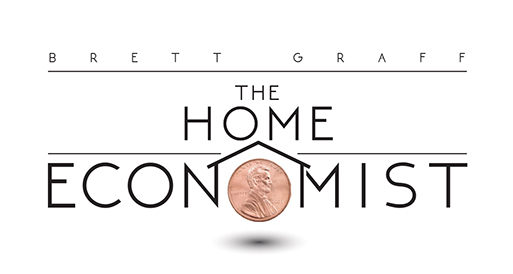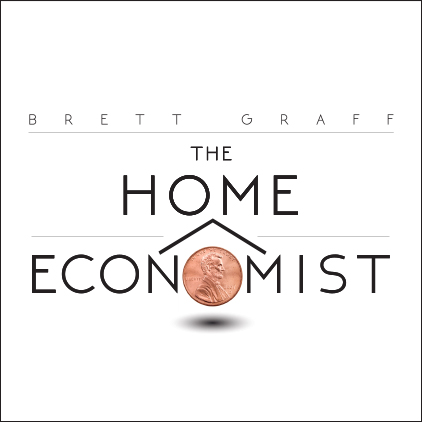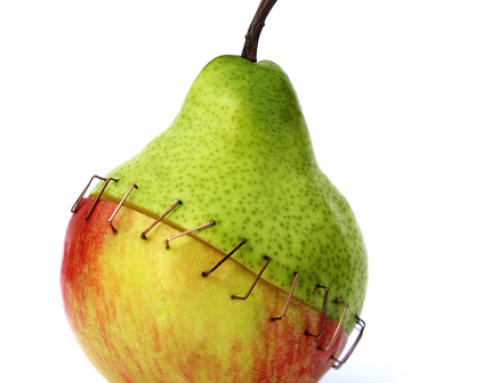The Superbowl is coming up, so get ready to get emotional, and not over the game but the commercials. Yes, Super Bowl advertisers are spending over $2.5 million each for 30 seconds of your time, and they’re not interested in getting from you a quick buck. Rather, a truly successful campaign will create a lasting bond between you and the product — the beer, the snack, the car, the prepaid wireless. And the most effective commercials won’t arouse your taste buds, your thirst or your desire to make cell phone calls. Instead, they’ll touch your most complex feelings. “The ability for advertising to sear into people’s brains is very important,” says Joel Rubinson, a research officer at the Advertising Research Foundation in New York. “And during the Super Bowl advertisers can make their best attempt to connect with people.”
That’s true thanks to a combination of activities in your brain, beginning with your own interest in the commercials. Rather than fast-forwarding past them or doing laundry with the television on, tonight you’ll be captivated by whatever Doritios, Audi, Pop Secret and Boost will be telling you.
“We look at how much consumers pay attention,” says Robinson. “And we know that people who watch MTV are less engaged than people who watch the History Channel. But Super Bowl is one of the highest engagement periods.”
Ads that stir up feelings such as guilt, nostalgia or even anxiety will burn deepest into your mind, says Joan Meyers-Levy, a marketing professor at the University of Minnesota who has researched emotions and advertising — even more so than than commercials with positive messages. But that works only when you’re paying attention.
That’s because “happy” is a simple feeling, explains Meyers-Levy, while “nostalgia,” for example, is made up of two emotions: sweet feelings for the past and bitter ones because it’s over. Processing that kind of emotional push and pull requires more mental energy and as a result, causes the scene — which you better believe will include a brand name — to remain on your mind, says Meyers-Levy.
“It’s the same reason we love tear-jerker movies,” she says. “It doesn’t have to be positive, but it’s the complexity that matters.”
Also, advertisers can reach you better during the Superbowl because while it’s difficult to predict your mood on most days, it’s a good guess for Super Bowl you’ll arrive in front of the television pumped up. And commercials are most believable when they match your emotional state at the moment you’re watching them, says Norbert Schwarz, a psychology professor at University of Michigan, whose researched vacation ads on both relaxed and excited viewers.
“The Super Bowl is exciting so commercials will map on to that excitement,” says Schwarz. “It’s a high adrenaline event which would make it more likely that ads promising you excitement will seem very convincing.”








Leave A Comment